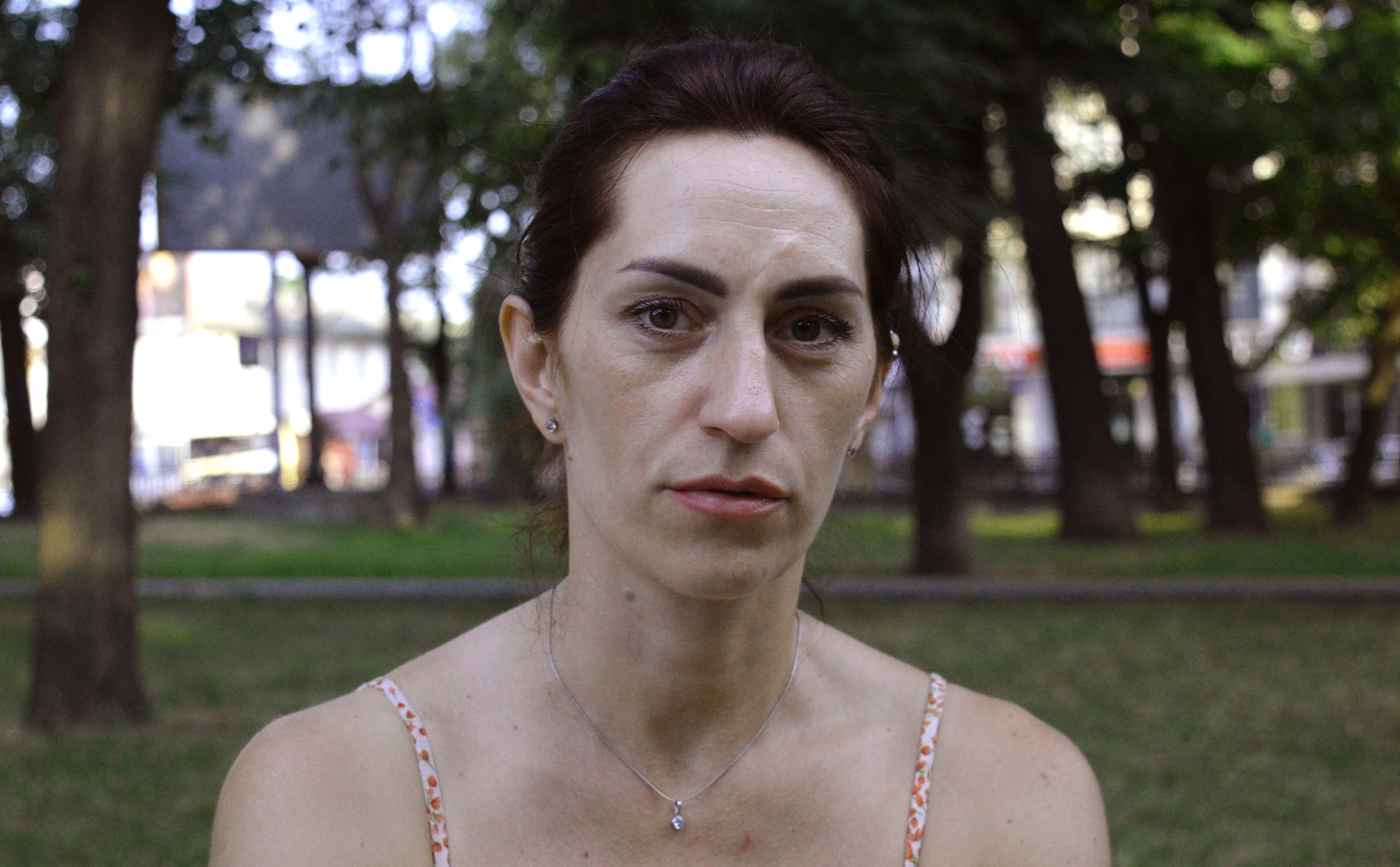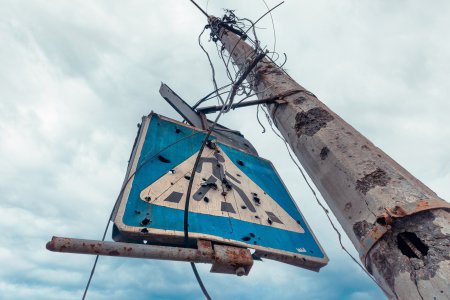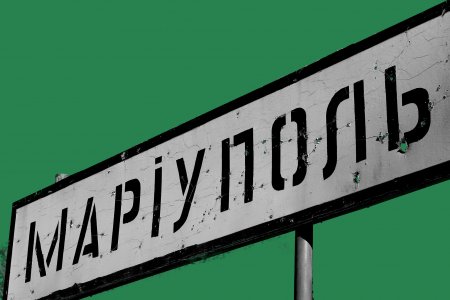
We recorded this interview long ago but publishing it now, on the anniversary of the attack on the Drama Theater in Mariupol. Earlier, we spoke with Liudmyla Sokolovska, who lived near the theater and saw the moment of impact from the street, and Dr. Vadym Zabolotnyi, who took refuge in the theater but left on the eve of the tragedy.
Liliia Mykhailiuk, along with her family, survived the airstrike. Her six-person group was in different parts of the Drama Theater on the morning of 16 March, and everyone managed to get out alive and evacuate.
Being a Mariupol native, she lived on Prospect Mira, 133. On 15 March, Liliia and her neighbor turned on the phone to call friends from other districts (there was no connection in Mariupol). They heard that there would be an evacuation at the Drama Theater building, and they should immediately pack up and rush there: “If you see evacuation buses, stop them even on the go.” At that time, they no longer had food: for six days, they had to divide between six people several packs of Maria cookies received from Terroborona [Territorial Defence Force]. Shelling, bombings, and tank battles did not subside all around. On 10 March, a shell hit Liliia’s house, killing two people from the neighboring apartment.
“We did not recognize our city, — Liliia described her impressions on the way to the Drama Theater — Bombed houses and streets, burned-out cars, corpses. Walking along Stroiteley Avenue, we saw tanks with the letter Z. The Russians stood with a look: ‘How did you even dare to go out?’, — such was our impression — We thought we would be shot there.”
“Mariupol was crying. This was not the city I remembered from peacetime.”
“The Drama Theater was like from another world,” — recalls Liliia Mykhailiuk, who, after weeks of hell around her house, encountered a historic building intact, a field kitchen, people who walked with dogs, and in general, a relatively peaceful life that was supported by self-organization. After registering, Liliia’s group found a “place for six” on the third floor of the building and waited for the evacuation.
“I was standing near the main entrance, and my husband was in the hall, whereas our child, a teenage girl, was on the third floor with a neighbor. Another person was in the first-aid post, and Masha had just visited her uncle,” — the 38-year-old woman recalls. — “It all happened so unexpectedly that I only heard a roar and screamed because I flew up from the shock wave and fell to the ground. I got to my feet and began to feel myself all over. I understood that I had to run and look for my relatives.”
Among the weeping and screaming in a cloud of dust, Liliia and her husband managed to find each other. Then, they hurried to the third floor to look for their daughter. Soon the whole group was together. It was still “hot” around, so Liliia and the others went down to the underground shelter, which withstood the impact. Someone, on the other hand, tried to get out. Liliia did not know whether other covers survived.
15 March was an extensive evacuation day. Many people, including another witness, Vadim Zabolotny, left the Drama Theatre. But about a thousand people remained within the walls of the building. How many of them died is unknown to this day.
“There is no Drama Theatre. They dropped the bomb, and that’s it — it disintegrated. The part where the bomb was dropped was completely destroyed. Many were wounded and dead. When we went out, volunteers shouted to people with a weak psyche not to look around.”
A fire broke out in the building, so Liliia Mykhailiuk’s group had to look for a new shelter the next day. It was the Philharmonic. Over time, they got to Melekino, then to the village of Yalta, and finally to Berdiansk, from where they left on evacuation buses.
“There were 13 checkpoints from Berdiansk to Zaporizhzhia. We covered the distance of 100 kilometers in 27 hours.”
At a checkpoint in front of the village of Vasylivka, a DPR (Donetsk People’s Republic) man got on the bus and said: “Well, women, you are watching the wrong kind of television. Our Donetsk is being shelled. We endure, and you will endure.” After that, says Liliia, the bus was not allowed through, and people were forced to spend the night there: hungry, in terrible cold.
Remembering the first checkpoint of the Ukrainian army, Liliia barely holds back her tears. She said the whole bus was crying, and she felt like the happiest person in it.
By the time of our conversation on 1 July 2022, Liliia Mykhailiuk still could not adapt to everyday life. In Mariupol, she worked as an administrator in a private school. In the video, she looks calm, but intense anxiety is felt inside. So many of her friends died: someone was killed by a shell, and someone went to defend the country.
“I want to kill them,” — Liliia answered the question about her attitude toward the Russians. She thinks the Russians wanted to deliberately destroy the Ukrainians by attacking the Drama Theater. There were multiple attacks on the crowds in Mariupol, and the constant shelling around the theater prevented the evacuation of the wounded.



